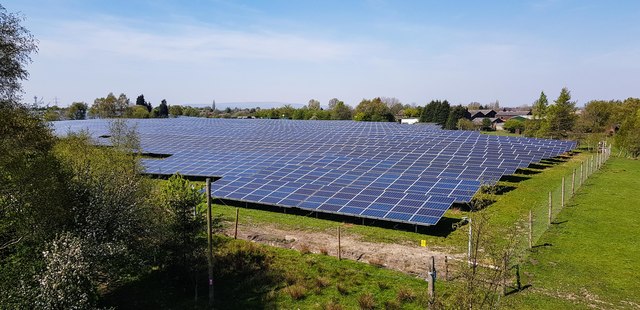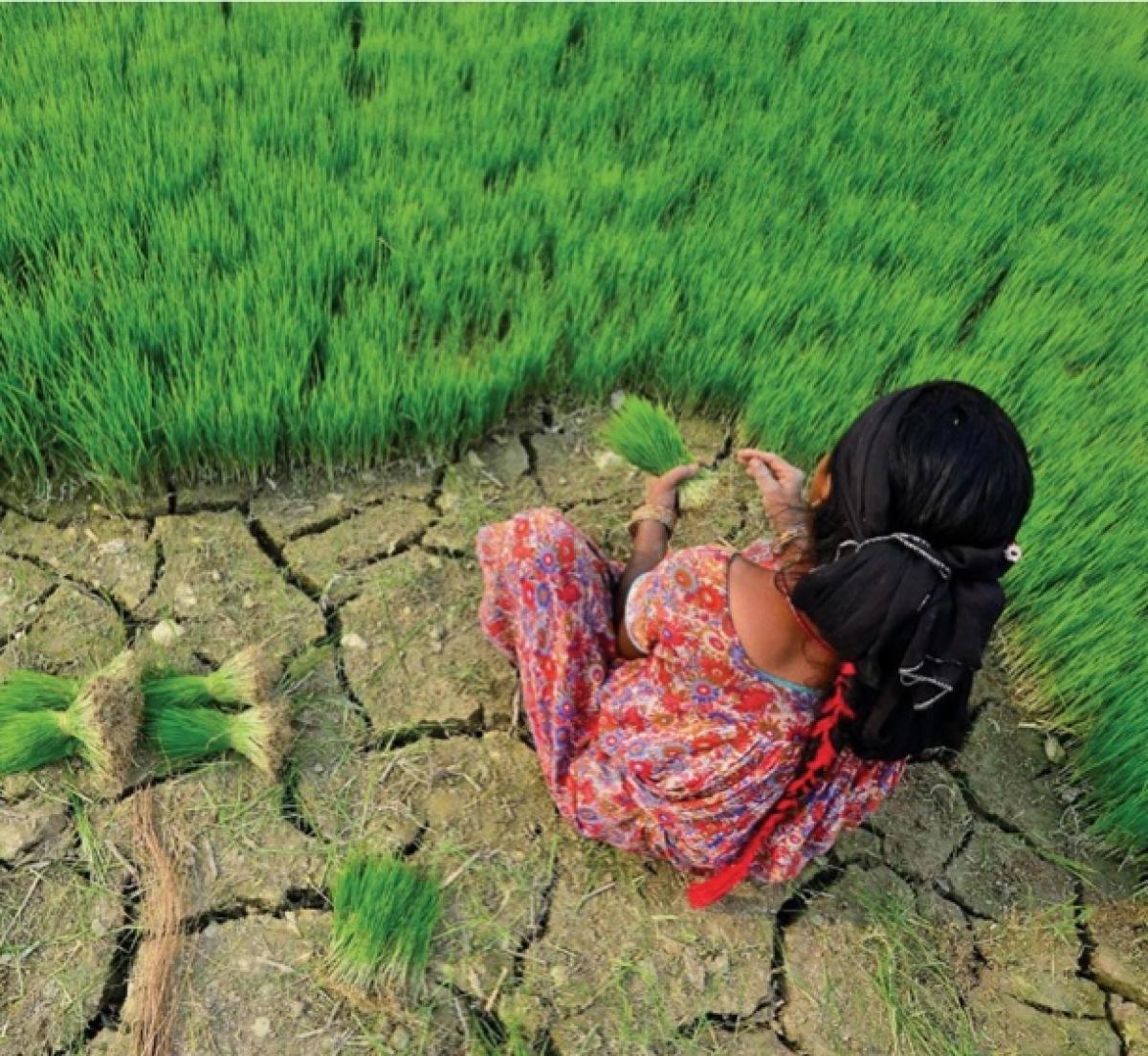The Global Commission on Adaptation, a group concerned with the development of climate change management measures, has conducted research on the potential for countries to adapt to climate concerns and invest in the development of key areas which the commission sees as imperative to climate efforts. The report identifies five key areas for investment over the next decade: early warning systems for natural disasters, climate-resilient infrastructure, improved dryland agriculture, mangrove protection and water quality improvement and access. According to the commission, an investment of $1.8tn could generate nearly fourfold returns of $7.1tn in total net benefits.
The report claims that alongside climate disasters, resource shortages and economic struggles threaten the world’s population in the absence of these investments. It predicts that without this action, food yields may decline by up to 30 per cent by 2050, despite a 50 per cent increase in food demand. Similarly, the report predicts that without investment in water efficiency, countries in Asia could see declines in GDP between seven and 12 per cent, while the GDPs of countries in Africa could decline by about 6 per cent.
In urban areas, the commission estimates that the cost of preemptive action to protect areas from climate disasters would be 10 times lower than the cost of repairing damaged infrastructure. The infrastructure suggested for improvement includes ports, roads, power, sanitation, sewers and communications systems, as well as more housing developments for the 880m people living in informal settlements who are at high risk in a climate disaster scenario. The report suggests climate-proofing existing infrastructure and building new infrastructure with climate risks in mind. These projects will require both government and private investment, but the company again cites fourfold returns in both monetary and social welfare terms.
The commission has stressed the urgency of these measures, and agreed to devote the next 15 months to promoting a set of political, technical and financial “Action Tracks” which it says are essential to begin the world transition toward sustainability. Through these actions, the group hopes to increase climate investment to lessen the environmental and economic impacts of climate change. It claims that the climate outcomes outlined in the report put the more vulnerable population in lower income areas who do not have the money to invest in new climate projects at the most risk, and encourages developed countries who hold the most capital to embark on these investments immediately.
Latest News
-
Corporate backed small charities campaign raises £1.8m
-
Charities recieve AI skills training from Neighbourly, Microsoft and Onside partnership
-
Crisps firm launches fundraiser for Air Ambulances UK
-
Football club partners with traumatic bereavement charity
-
UK firms on course for ‘disorderly’ green transition
-
Clinical trials recruitment firm names hospice as charity partner
© 2019 Perspective Publishing Privacy & Cookies









Recent Stories